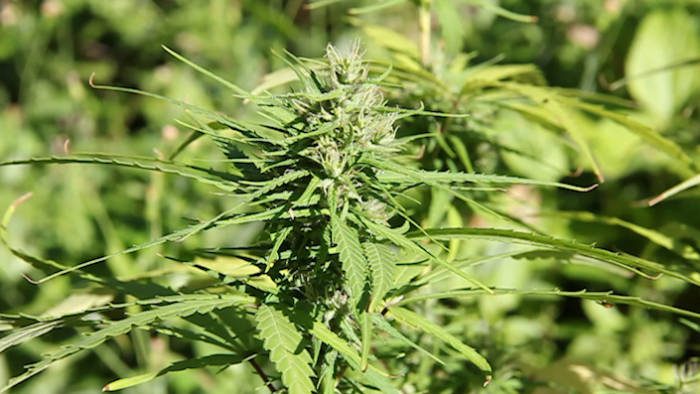The current regime of laws that make marijuana illegal in CARICOM countries deny the region substantial economic benefits.
The CARICOM Marijuana Commission says that the region is losing out on these benefits, both in terms of savings from the negative costs accrued by law enforcement, fighting prohibition-induced crime, reduced black market, and from the potential positive benefits.
It can benefit from developing a cannabis industry, creating innovative enterprise, providing employment and encouraging entrepreneurship, the commission said in its reports, presented to CARICOM heads of government earlier this month.
The report suggests that CARICOM legalise marijuana but regulate its use, as is the case with alcohol.
An Economic Study commissioned for the Commission illustrates that the highest financial benefits will come from a fully legalised model that is strictly regulated and the lowest benefit will come from decriminalising only, the report said.
The commission said the economic study illustrates that prices inflated because of the black market will fall with liberalisation.
Consideration should be given to establishing fixed prices and moderate taxes, taking care not to re-kindle the black market. While prices will fall, revenue will accrue because of sales, taxes and related measures.
The report further noted that farmers who were once considered criminals will now be accepted as respected farmers and entrepreneurs contributing to the licit local economy.
Some participants, including young persons, expressed their desire to enter this new market economy. No longer will our most potentially productive youth be criminalized and jailed for their involvement in a niche market that was criminalised by historical accident.
In addition, the regions already established and developing tourism economy can be leveraged further by a cannabis industry located in safe and secure environments, the report said.
Cannabis can be produced for export as well as for local healing and can be the foundation for a new and vibrant wellness tourism industry. Savings will also accrue as a result of lower public health bills as Caribbean nationals substitute expensive pharmaceutical drugs with often more effective cannabis at lower costs and often with lower side effects. The development of an industrial hemp industry is also envisaged. Cannabis, produced organically and outdoors, can also provide for the already lucrative local recreational market.
The report further said the current prohibitionist regime also hinders scientific development and medical research by the regions brilliant science and medical researchers who have already proven that they can be pioneering in terms of cannabis research — given that Caribbean UWI researchers led in cannabis drugs for glaucoma — if given the opportunity.
They need to be liberated from a costly prohibitionist regime to contribute to the burgeoning body of knowledge of this useful plant substance and aid in economic development. Law reform will give opportunities to these indigenous professionals.
The report, however, said that economic development in cannabis should also be cognisant of tensions between small local farmers and large enterprises, including foreign companies.
Appropriate land tenure and licensing strategies need to be developed to be inclusive to small, landless farmers, who currently squat. Licensing needs to be equitable. There is also a need for leadership from the political directorate to safeguard our hegemony and future development interests.
Industry development should be premised on innovation and not unduly rely on the provision of raw products, given the historical lessons of persistent poverty that occurred with sugar, bananas and other Caribbean crops and raw products.
This should include concerns about intellectual property rights given the unique strains of cannabis in the region. Choosing the right approach involves taking account of the national, political and social circumstances as well as institutional capacities of member states.






